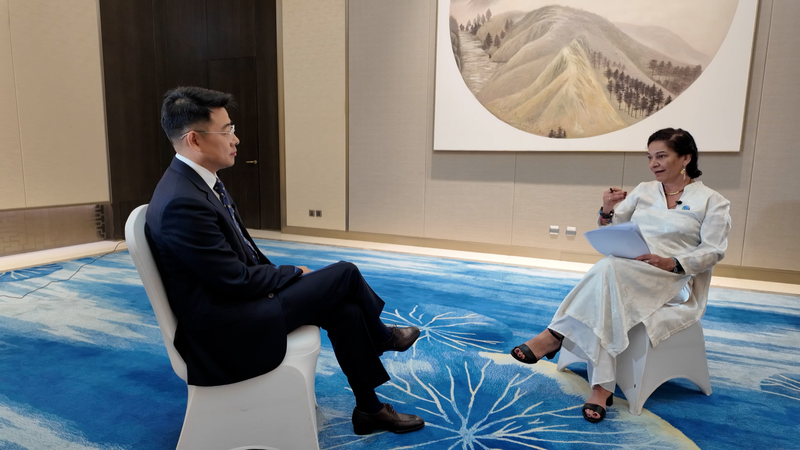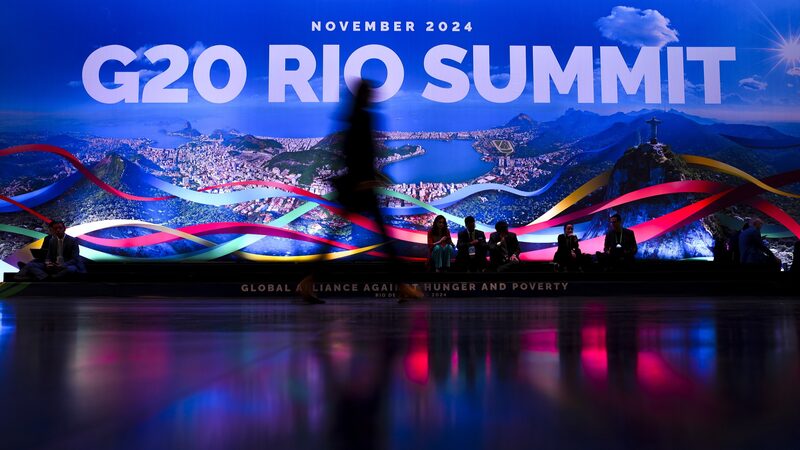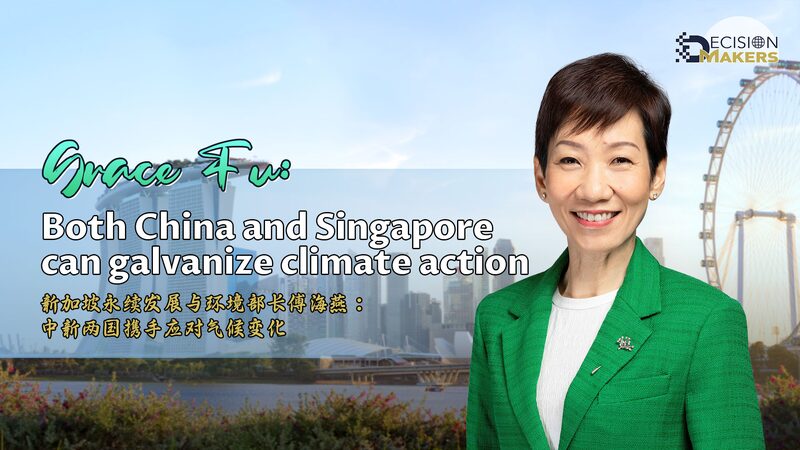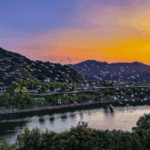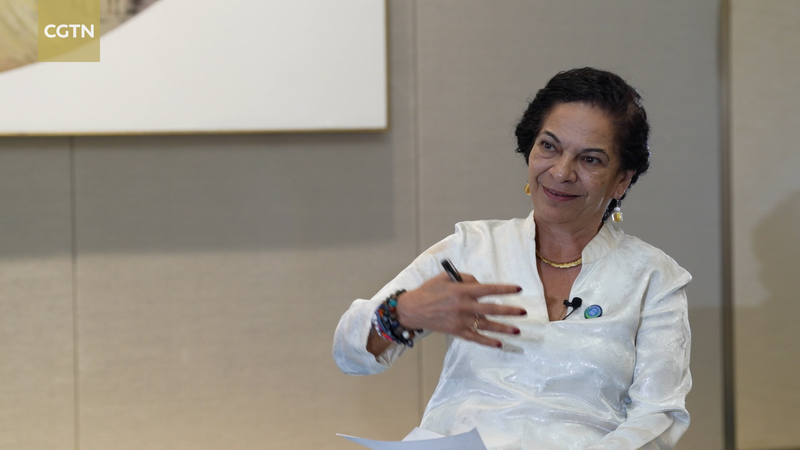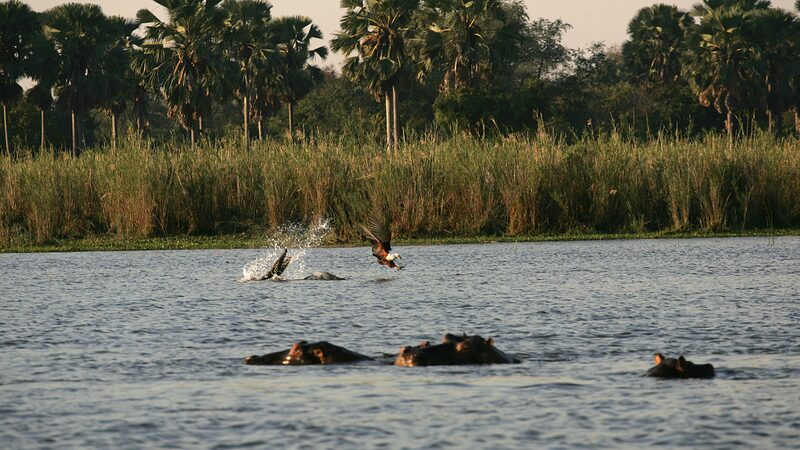As climate disruptions and biodiversity loss reshape our planet, UNESCO Assistant Director-General Lidia Brito has called for science-driven collaboration to address interconnected global challenges. In an exclusive interview with CGTN during the UNESCO World Congress of Biosphere Reserves in China, Brito outlined a roadmap for harmonizing human activity with nature.
'We cannot solve these crises in isolation,' Brito emphasized, pointing to the 748 biosphere reserves within UNESCO's Man and the Biosphere Programme (MaB) as living examples of sustainable coexistence. These protected zones across 134 countries and regions demonstrate how communities can balance ecosystem preservation with economic needs through adaptive management.
The Mozambique-born scientist highlighted three pillars of effective action: robust scientific data, indigenous knowledge systems, and cross-border cooperation. 'When farmers in Cambodia's Tonle Sap Biosphere Reserve combine satellite monitoring with traditional water management practices, we see the power of integrated solutions,' she noted.
With China hosting this year's congress, attention turns to Asia's growing role in sustainability innovation. The event facilitates knowledge exchange between researchers, policymakers, and local communities – a critical nexus for implementing the UN's Sustainable Development Goals.
Brito's message resonates particularly with business leaders eyeing Asia's green transition: 'The biosphere reserve model creates stable environments for long-term investment while safeguarding natural capital.' For academics and diaspora communities, it offers a framework to connect global environmental strategies with local cultural contexts.
Reference(s):
Exclusive: UNESCO official says science is key to global cooperation
cgtn.com
